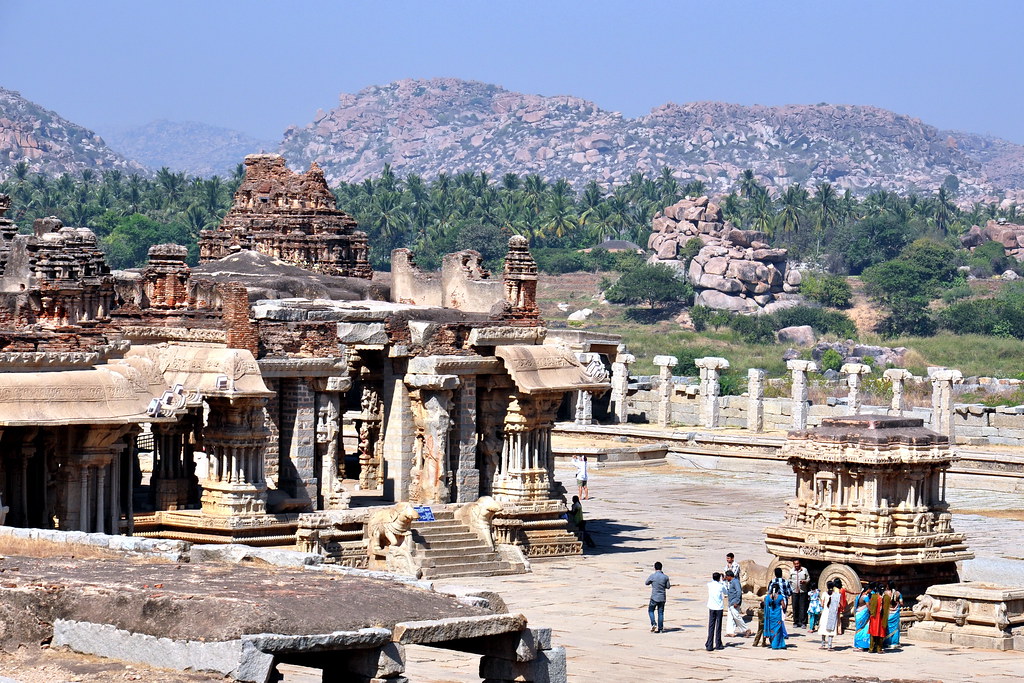
The state of Karnataka takes significant strides for heritage preservation through its village-level antiquities survey operations. The Department of Archaeology leads this significant Indian survey through 119 taluks across the state making it the first such evaluation in India. The main purpose of the survey focuses on collecting data about the diverse historical features of the state and the geo-tagging of cultural inscriptions and sculptures and monuments. This tracking system provides exact locations for better implementation of conservation methods.
Characteristics of Karnataka Village Level Antiquities Survey
Geo-tagging of Antiquities:
-
Geographical tags are applied to inscriptions alongside sculptures and monuments for systematic digital recording.
-
The precise locations of antiquities become easier to track because of geo-tagging and this new capability helps conservation planners to develop better strategies for preservation.
Expansion of Protected Monuments:
-
The Karnataka government has established a deliberate strategy to grow the number of protected monuments in the state. A plan has been submitted to include another 110 historical sites under protection status.
-
The state has established plans to protect 1,000 more monuments which demonstrates its dedication toward safeguarding cultural heritage.
Heritage Conservation Challenges:
-
The vast number of over 25,000 monuments in Karnataka poses substantial difficulties because of limited resources and lack of coordination and maintenance requirements.
-
The preservation of the state heritage demands unification in protection strategies because of current impediments.
Corporate Social Responsibility (CSR)-Based Conservation:
-
The state seeks corporate partnership in heritage conservation by launching programs such as ‘Adopt a Monument’ that allows businesses to fund biased monument maintenance through their CSR initiatives.
-
The program enables both funding for monument preservation along with public and corporate body education regarding the significance of cultural preservation.
Importance of the Initiative:
-
Preserving Heritage: The documentation system of Preserving Heritage protects Karnataka's precious antiquities from risks of destruction.
-
Tech-Driven Conservation: Uses geo-tagging for efficient tracking and protection.
-
Inclusive Effort: Encourages CSR and community participation in cultural preservation.
Conclusion
This exclusive survey method of heritage preservation in Karnataka demonstrates a suitable model for Indian states and worldwide entities about how technology collaboration with communities enhances heritage conservation.



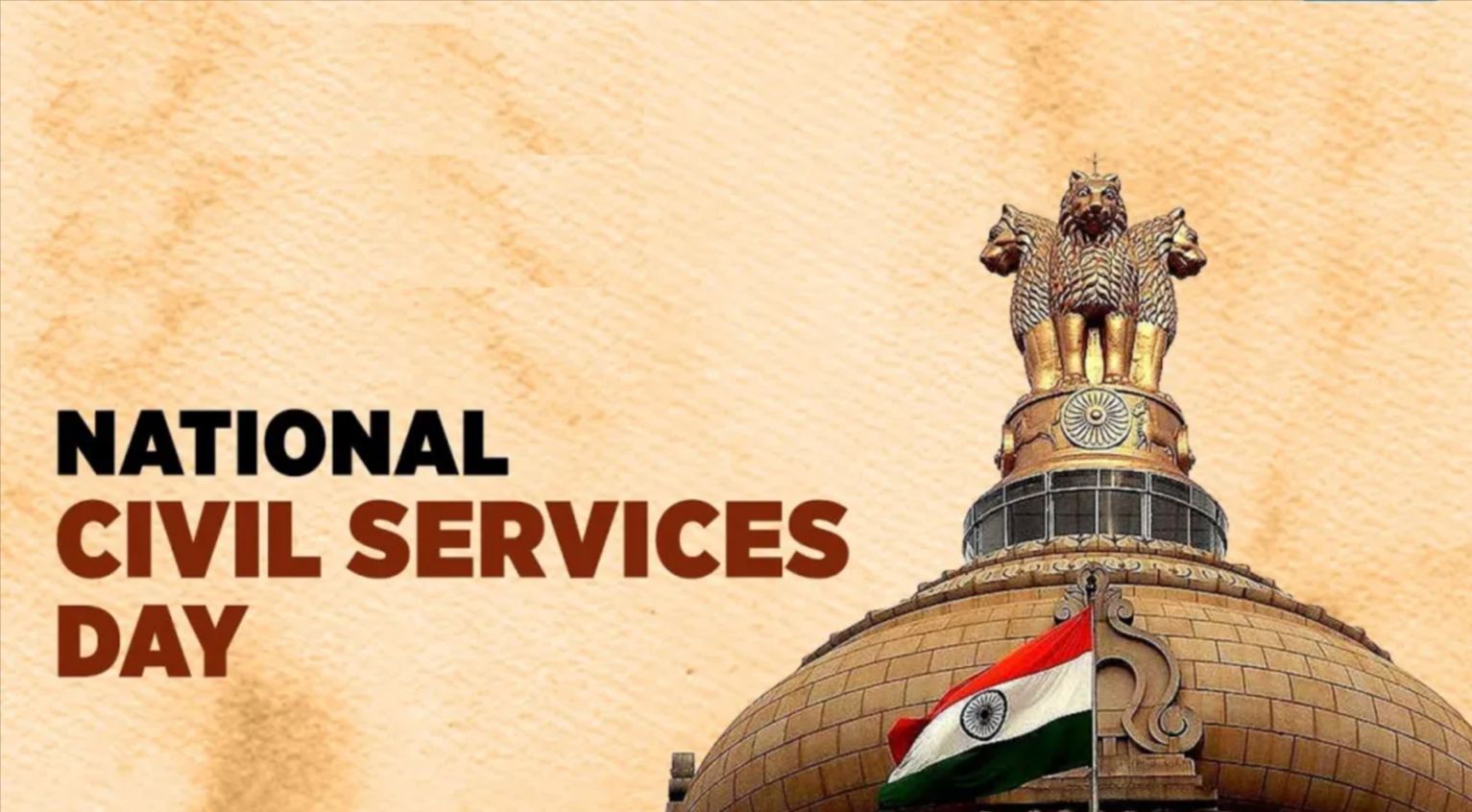 National Civil Services Day 2025: Honoring India’s Steel Frame of Governance
National Civil Services Day 2025: Honoring India’s Steel Frame of Governance India Marks Export Milestone with First Sea Shipment of Bhagwa Pomegranates to the U.S.
India Marks Export Milestone with First Sea Shipment of Bhagwa Pomegranates to the U.S.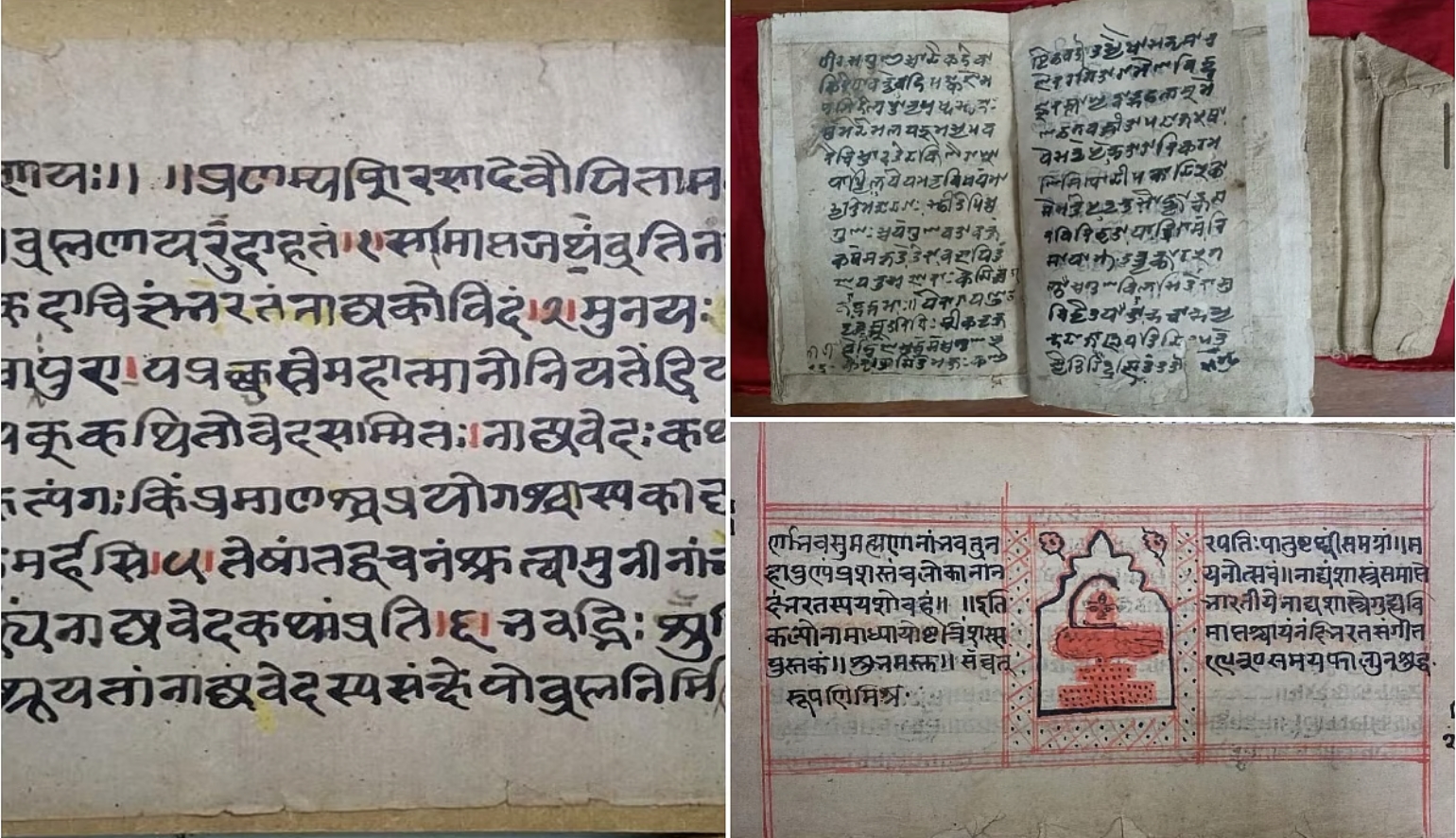 Bhagavad Gita and Natyashastra Inscribed in UNESCO’s Memory of the World Register
Bhagavad Gita and Natyashastra Inscribed in UNESCO’s Memory of the World Register PM Narendra Modi to Inaugurate Vizhinjam International Seaport: Boosting India’s Maritime Growth
PM Narendra Modi to Inaugurate Vizhinjam International Seaport: Boosting India’s Maritime Growth World Heritage day 2025: Safeguarding identity amid disasters and conflicts
World Heritage day 2025: Safeguarding identity amid disasters and conflicts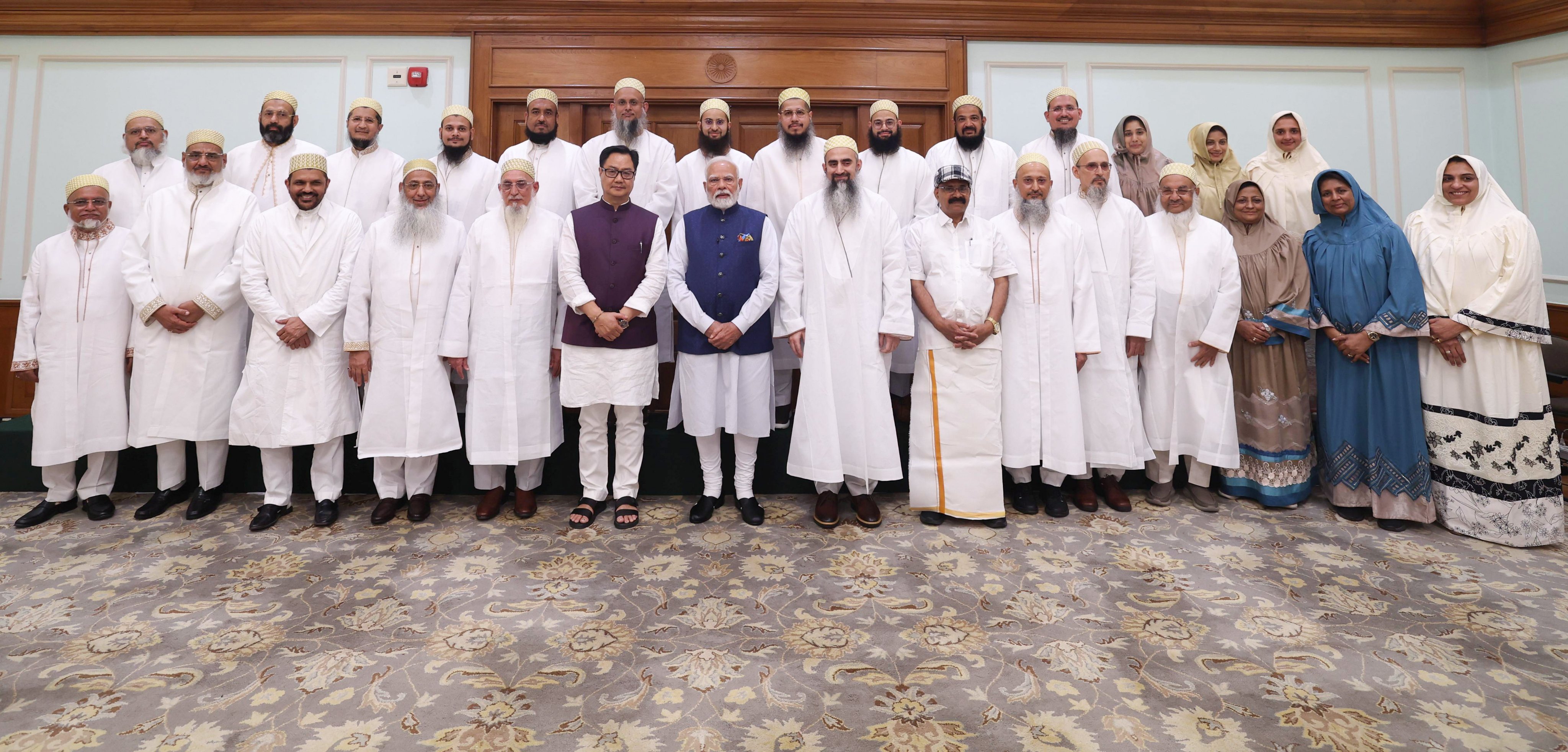 PM Modi meets Dawoodi Bohra Community, earns Praise for Waqf Reform: About Dawoodi Bohra Community
PM Modi meets Dawoodi Bohra Community, earns Praise for Waqf Reform: About Dawoodi Bohra Community Supreme Court Sounds Alarm on Rising Child Trafficking: Urges Parental Vigilance
Supreme Court Sounds Alarm on Rising Child Trafficking: Urges Parental Vigilance Telangana Bhu Bharathi Portal 2025: Revolutionizing Land Governance
Telangana Bhu Bharathi Portal 2025: Revolutionizing Land Governance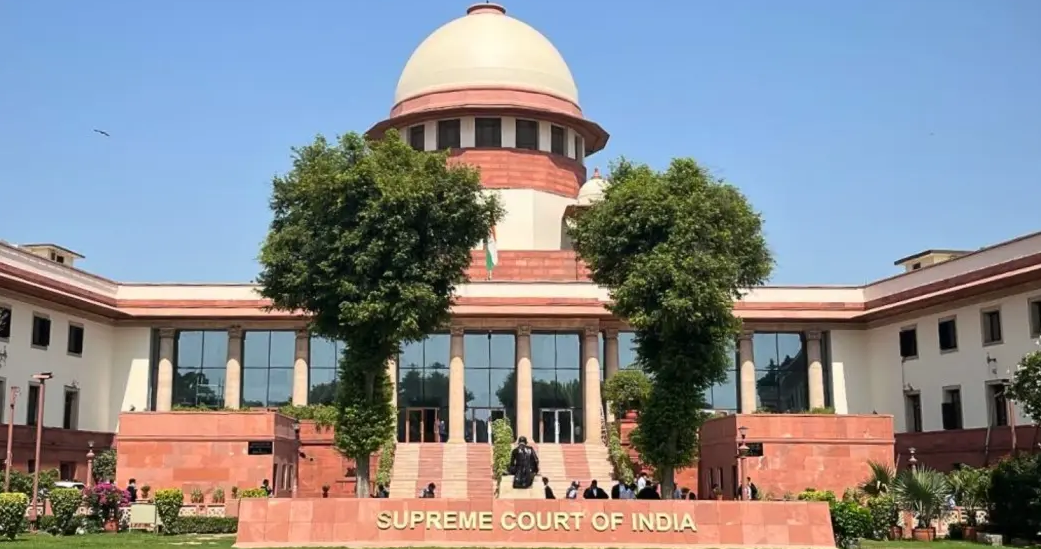 Supreme Court Declares Urdu as Symbol of India’s Composite Culture
Supreme Court Declares Urdu as Symbol of India’s Composite Culture






